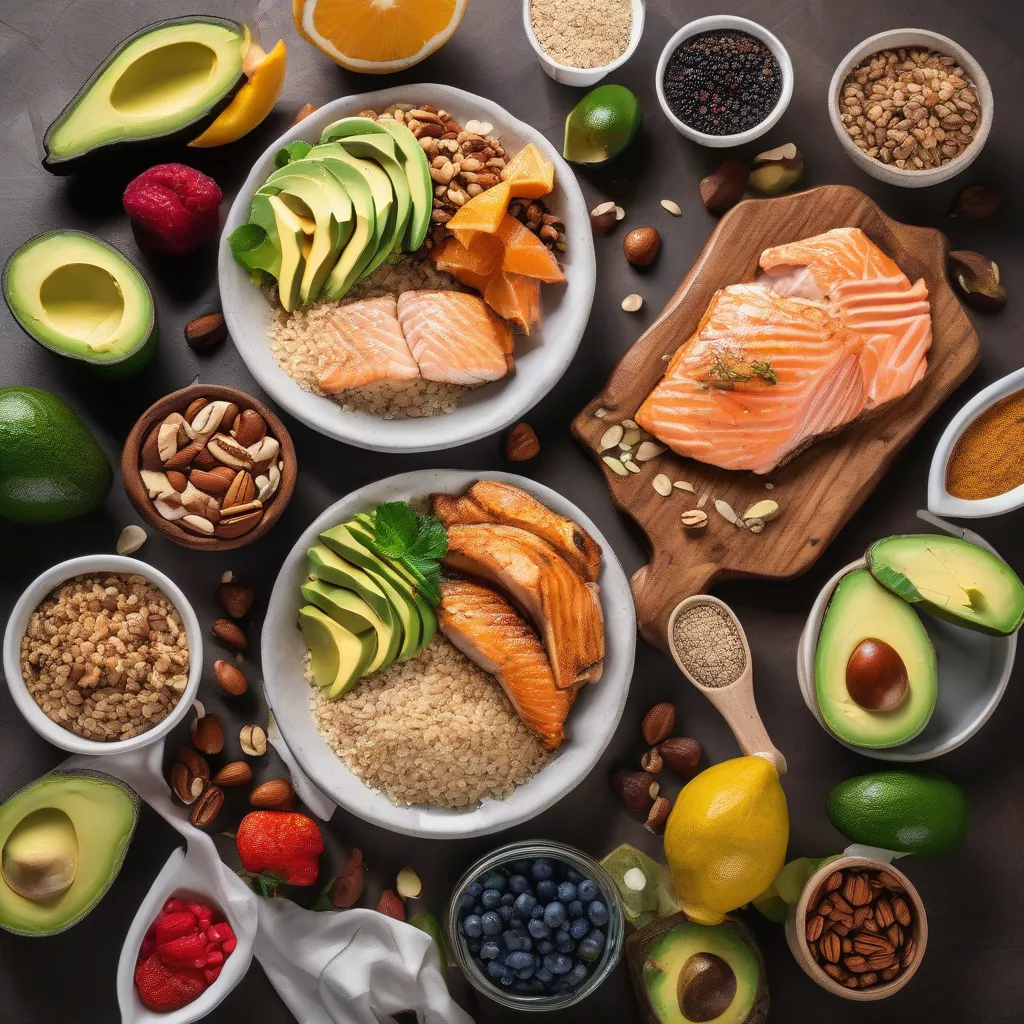Have you ever dreamt of dominating the pickleball court, effortlessly gliding across the surface and executing powerful shots with precision? While mastering technique and strategy are essential, optimal nutrition plays a crucial, often overlooked, role in achieving peak performance. This comprehensive nutrition guide for competitive pickleball will equip you with the knowledge and strategies to fuel your body for success, whether you’re a seasoned pro or just starting your competitive journey.
Understanding the Nutritional Demands of Competitive Pickleball
Pickleball, a fast-paced sport combining elements of tennis, badminton, and ping-pong, demands bursts of speed, agility, and endurance. Competitive matches can be physically taxing, requiring players to maintain focus and energy levels throughout. A well-planned nutrition strategy is crucial to meeting these demands, supporting muscle function, promoting recovery, and optimizing performance.
 Nutrition for Pickleball Athletes
Nutrition for Pickleball Athletes
Macronutrients: The Building Blocks of Performance
Just like building a solid pickleball strategy, constructing a balanced diet requires the right building blocks. Macronutrients—carbohydrates, proteins, and fats—provide the energy and nutrients your body needs to perform at its best.
- Carbohydrates: These are your body’s primary fuel source, supplying the energy needed for quick movements and sustained play. Prioritize complex carbohydrates, such as whole grains, fruits, and vegetables, for sustained energy release.
- Protein: Crucial for muscle repair and growth, protein is essential for recovery after intense matches and training sessions. Include lean protein sources like chicken, fish, beans, and lentils in your diet.
- Fats: Healthy fats support hormone production, cell function, and provide sustained energy. Incorporate sources like avocados, nuts, seeds, and olive oil.
Hydration: A Key Player in Performance
Staying hydrated is non-negotiable for competitive pickleball players. Dehydration can impair cognitive function, reduce endurance, and increase the risk of muscle cramps. Aim to drink water consistently throughout the day, especially before, during, and after matches. Electrolyte drinks can be beneficial during longer or more intense matches to replace electrolytes lost through sweat.